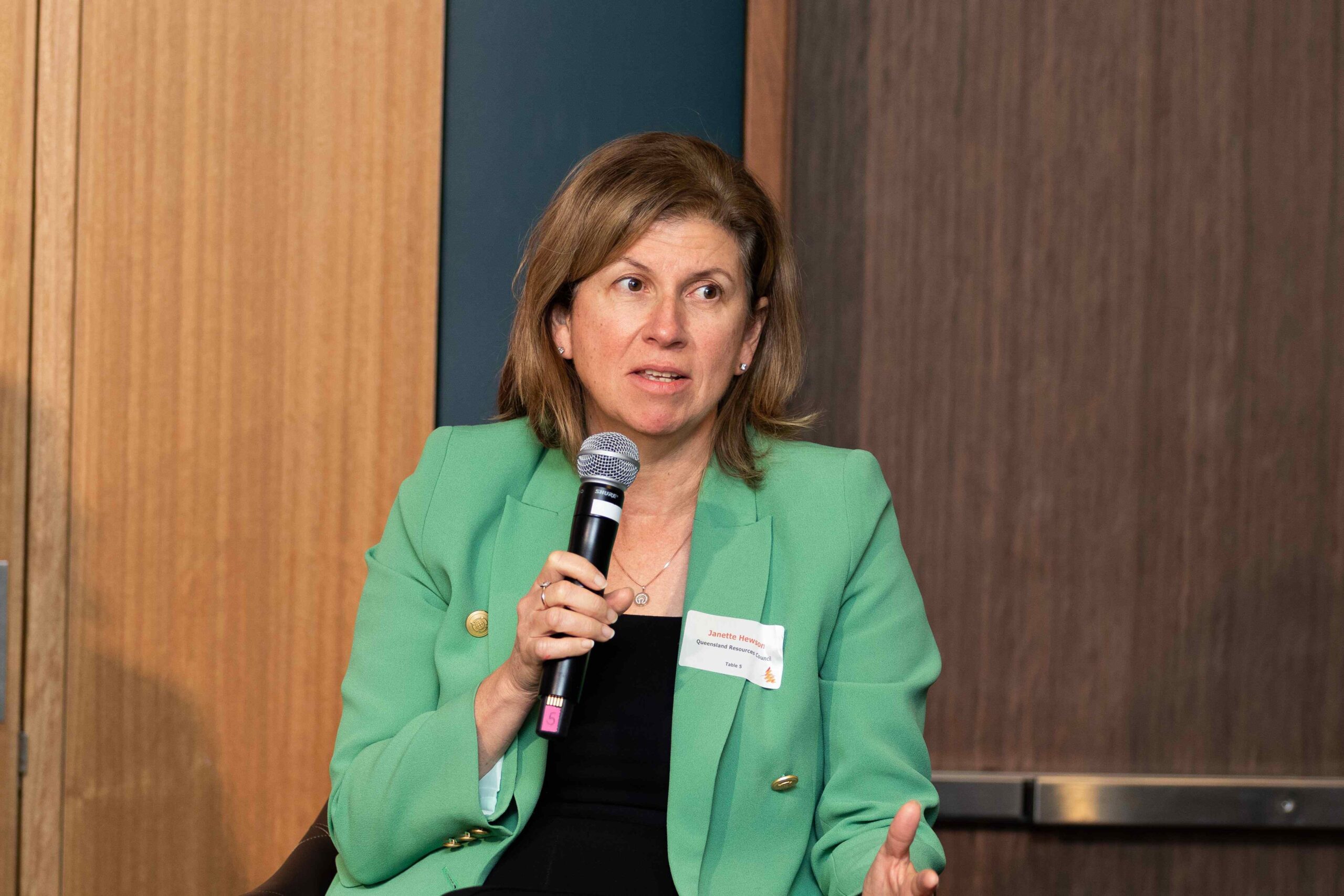Queensland risks missing out on its share of new critical minerals projects without streamlined approval processes and consistent policy settings, a resources industry leader has warned.
Queensland Resources Council CEO Janette Hewson said there were an estimated 230 critical minerals mines needed globally by 2030 to meet demand for resources.
In Queensland these projects were taking an average of 16 years from the exploration stage to production. This meant we would have needed to start in 2014 to be ready to take up the opportunities.
Ms Hewson told the Queensland Futures Institute Policy Leaders Forum on Energy and Resources this morning that the state should be well placed to attract critical minerals investment.
It had a natural endowment of minerals, a highly skilled and well-paid workforce, it “ticked a lot of boxes” on ESG criteria and it had a robust environmental framework.
“(Despite this) we are a bit behind,” she said. “There’s a lot of challenges in that critical minerals space…in making sure that the demand is there to give investors confidence in putting money into these new ventures.
“I call on all sides of government to think about how to streamline our project approvals. Sixteen years is a long time for investors to wait if they’ve got opportunities to invest overseas with shorter time frames.
“The other thing we need is policy certainty. To be perfectly honest what we see in terms of changes made with little consultation with industry makes it really hard for investors to look at Queensland and say: “Is my money safe?”.
“Is it safe for me to start investing 15 to 16 years out if the goal posts are going to change and they are going to change without consultation?”
Ms Hewson said it was important for Queensland to be targeted in seeking critical minerals opportunities and we needed to look at our processing ability to “push these operations further down the value-add chain”.
She said there also needed to be broader recognition of the role the resources sector needed to play in the road to net zero carbon output.
Coal was needed to support the transition to renewables, gas was vital for manufacturing and there would be ongoing strong demand for steel-making coal, including to produce electric vehicles.
“I think that there’s still a little bit of work to do to make sure that everyone understands that our existing commodities, not just critical minerals, are essential to get to net zero,” Ms Hewson said.








